Indonesia plans to expand palm oil, cocoa plantations to Nigeria
- Xinhua
- 13 February 2013
"Nigeria has offered land for us, no matter how large we need," says Indonesian Industry Minister MS Hidayat

"Nigeria has offered land for us, no matter how large we need," says Indonesian Industry Minister MS Hidayat
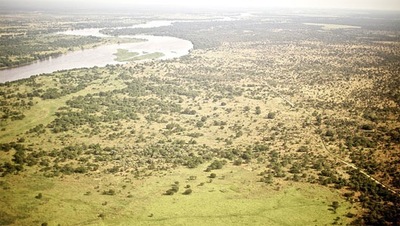
There is little international policing of land deals resulting in local farmers being forced off lands and deeper into poverty.
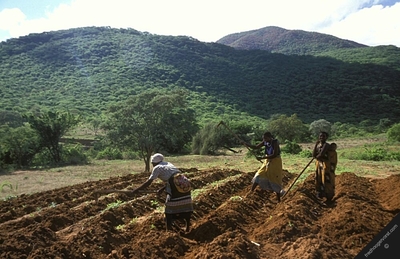
“We are not against land investments, but the land should not be given out to foreigners. Citizens should reserve the right to access it,” says Mr Bernard Baha of ActionAid in Tanzania.
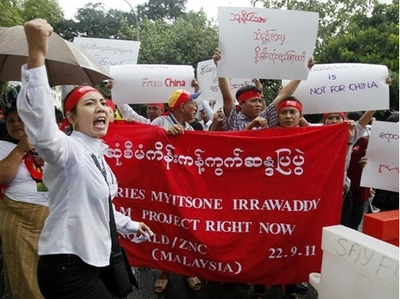
Burma has become the “latest flashpoint in an alarming trend” of global land grabs, which continue to wreak havoc on economic development and human rights around the world, two new reports have warned.
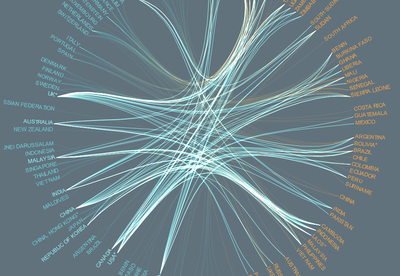
The continuous hyping of large and unverified figures does a disservice to the important issues that are at stake.

‘Feed Indonesia, then feed the world’. Backed by this slogan Indonesia companies, and companies from South Korea, China and Singapore as well, are buying land in the Indonesian province of West Papua in order to grow crops.

Thousands of Ethiopians are being driven off their ancestral land that the government's selling without their consent to foreign investors buying up vast swathes of farmland, a U.S. watchdog reports.
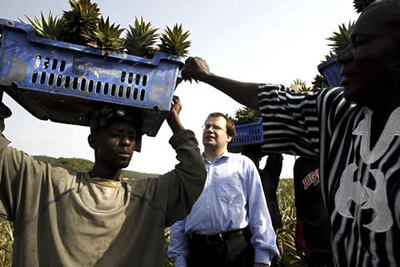
Speakers to include reps from IFC, Phatisa, AAF, Ruchi Soya, Vita Rice, Swiss Re, ECOWAS, and the Government of Ghana.

He said the Saudi Arabian General Investment Authority and Finance Ministry would sign agreements with foreign countries to ensure investment security of Saudis.
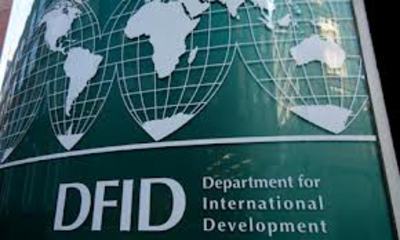
Report prepared for DFID considers the impacts of large-scale land acquisitions on local food insecurity and malnutrition levels.

The Turkish Ministry of Food and Animal Husbandry purchased 5,000 square kilometers of farmland in the country's fertile south, where it secured land rights for the next 99 years
The world is in transition from an era of food abundance to one of scarcity. Over the last decade, world grain reserves have fallen by one third. World food prices have more than doubled, triggering a worldwide land rush and ushering in a new geopolitics of food. Food is the new oil. Land is the new gold.